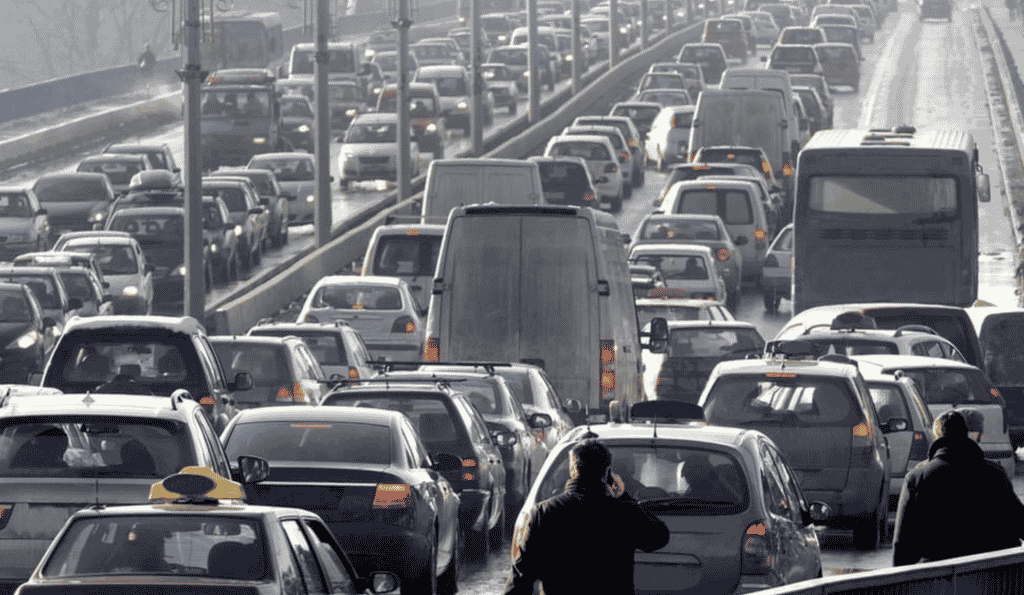When most people think of traffic congestion, the first thing that comes to mind is the frustration of it. After all, no one enjoys in sitting in traffic jams – especially when you have somewhere you need to be. However, have you considered the other negative repercussions of bad traffic congestion in major metropolitan areas? Here’s a brief description of the meaning of traffic control, and what problems it helps to resolve.
What is traffic control?
Traffic control is the management of the movement of people and vehicles on streets and highways. It includes the placement of signs, pavement markings, and traffic signals, as well as the regulation of speed limits. Traffic control also encompasses the enforcement of laws meant to ensure the safety of pedestrians and motorists.
Why is traffic control important?
There are a number of reasons why traffic control is so important. First and foremost, it helps to ensure the safety of drivers, passengers, and pedestrians alike. Secondly, it helps to reduce the amount of traffic congestion on our roads and highways. And lastly, it can help to improve the flow of traffic, making your commute that much easier.
What are the problems caused by traffic?
1. Traffic congestion wastes time and money
Recent studies revealed that the average person spends 42 hours a year stuck in traffic (this average is far higher in cities with more dense populations around the world!). Given that your engine is still idling in traffic, this doesn’t just eat up your time, but your money as well.
2. Traffic noise can be annoying and disrupt sleep
If you live in a city, chances are you’re used to the sound of honking horns and the hum of traffic. But did you know that this noise can actually be harmful to your health? According to the World Health Organization, exposure to traffic noise can lead to a number of health problems, including heart disease, stroke, anxiety, and sleep disorders.
3. Traffic pollution can cause health problems
We’re doubling up on the health-related problems that traffic congestion can cause, here. We all know that traffic pollution is bad for the environment, but did you know that it’s also bad for your health? Studies have shown that exposure to traffic pollution can lead to a number of respiratory problems, including asthma, bronchitis, and even lung cancer.
4. Traffic accidents are a leading cause of death and injury
Last but not least, traffic accidents are a leading cause of death and injury around the world. According to the latest provisional data from Australia’s Road Safety Report, well over a thousand people lost their lives in traffic accidents Australia-wide in 2019 alone – that’s not to mention how many people sustained injuries of varying severity.


